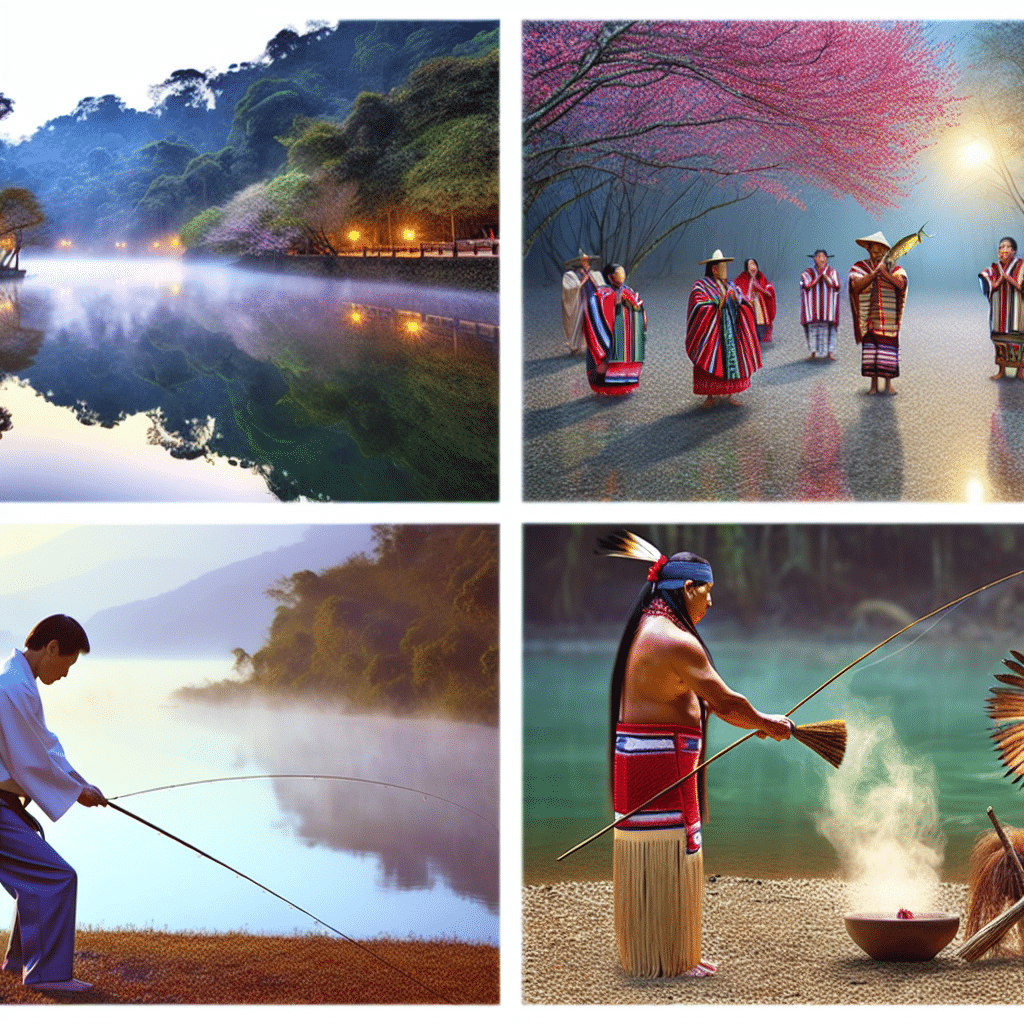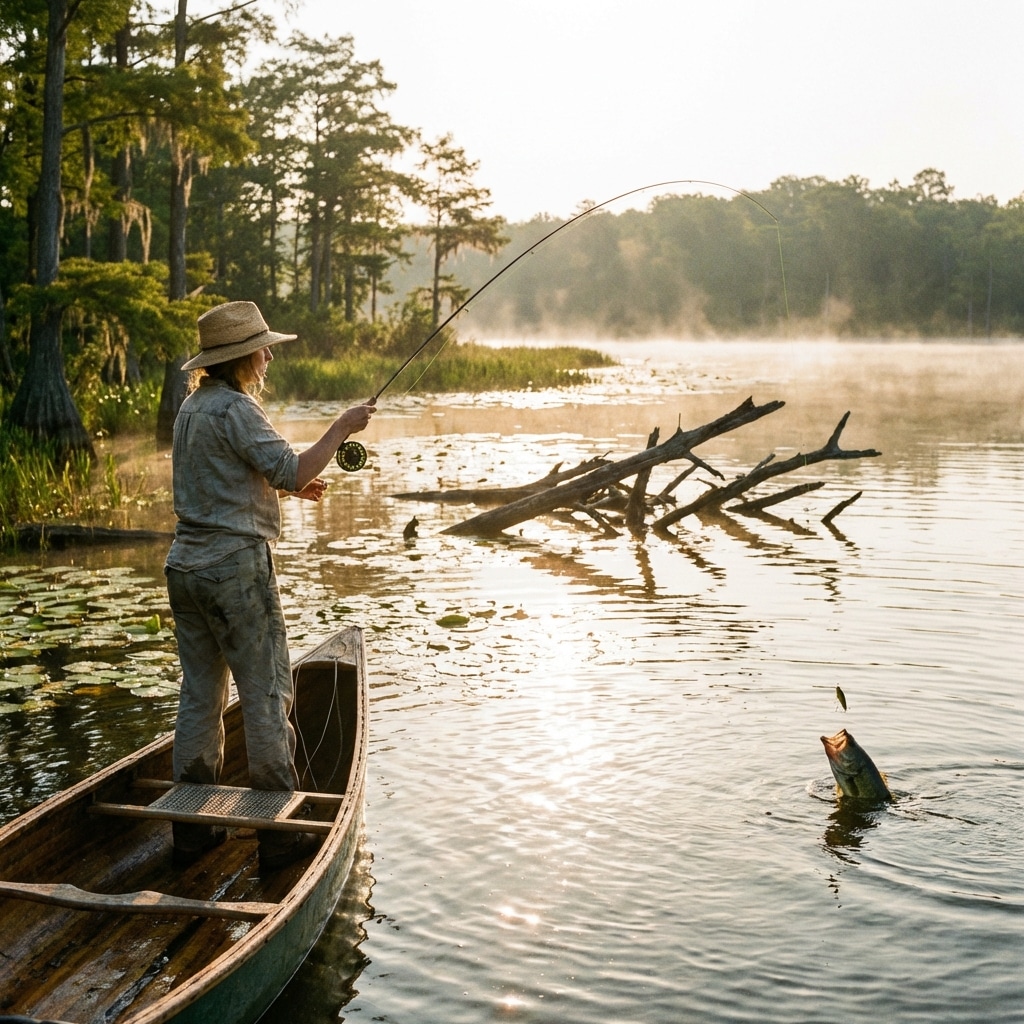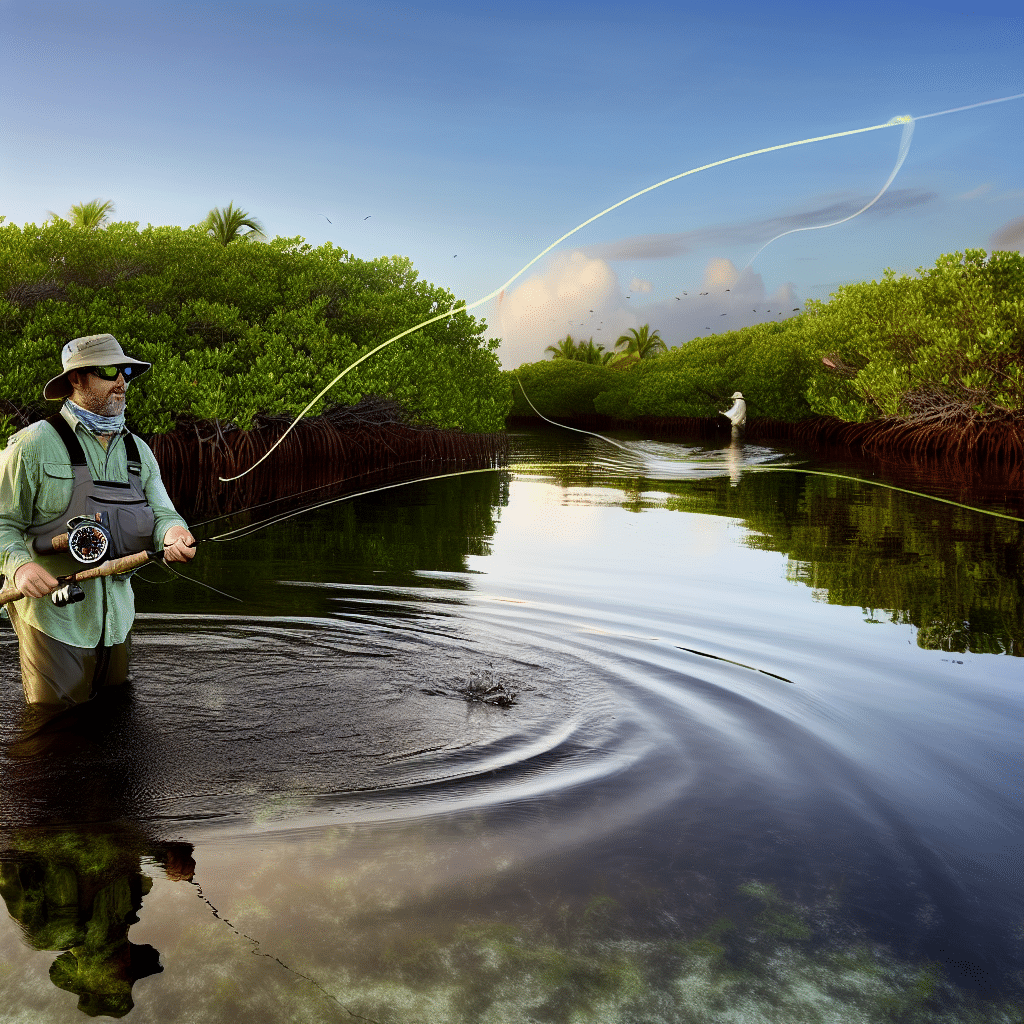What Is Ritual Angling?
Ritual angling is far more than the act of fishing; it’s a practice that deeply interweaves spiritual, cultural, and personal rituals with the sport of catching fish. This age-old tradition spans continents and cultures, each imprinting its unique customs and beliefs on the ceremony of angling. Whether you’re casting a line in the serene lakes of Japan or the vibrant rivers of Mexico, ritual angling unites enthusiasts through a shared reverence for nature and mindfulness.
The Spiritual Connection
Unlike conventional fishing, ritual angling often involves a series of preparatory actions meant to purify the mind and body. These may include chanting, meditative prayers, or even specific sequences of movements. In Japan, for instance, “Tenkara” fishing is often practiced with a sense of Zen, aiming to harness inner equilibrium and serenity. The focus is as much on the spiritual journey as it is on the physical act of fishing.
Respecting Nature
Central to the practice of ritual angling is a profound respect for the environment. This is not merely about catching fish but acknowledging the interconnectedness of life. Many rituals include offerings to the water spirits or prayers for the sustainability of the ecosystem. In some indigenous cultures, anglers are taught to thank the fish for sacrificing its life, reinforcing a philosophy of harmony and respect.
How Do Cultures Around the World Embrace Ritual Angling?
Japan: The Art of Tenkara
In Japan, Tenkara is a minimalist form of fly fishing that dates back to the 8th century. The ritual often begins with a meditative session to clear the angler’s mind. Using a simple rod, line, and fly, practitioners focus on the elegance of their technique, aiming to capture not just fish but also a sense of inner peace. Silence is observed, allowing anglers to immerse themselves fully in the natural world around them.
Mexico: The Sacred Fish Dance
In certain indigenous communities in Mexico, ritual angling takes on a festive atmosphere. The act of fishing is accompanied by traditional dances and songs, celebrating the abundance of the rivers. Here, the focus is communal, blending individual efforts into a larger framework of cultural identity and ecological sustainability.
North America: The Native American Blessing
Many Native American tribes have their own versions of ritual angling, often involving blessings and offerings. Before fishing, it’s customary to perform a ceremony that includes smudging—a ritual burning of sacred herbs to purify the spirit. This ensures that the angler enters the water with a clear mind and a respectful heart.
Modern Interpretations and Practices
While traditional rituals continue to be deeply valued, modern interpretations of ritual angling have emerged, adapting these ancient practices to contemporary life. In urban areas, ritual anglers might find solace in local waterways, focusing on mindfulness and environmental stewardship. Eco-friendly fishing gear and catch-and-release practices are often emphasized, merging tradition with modern ecological awareness.
The Psychological Benefits
Studies have shown that the meditative aspects of ritual angling contribute significantly to mental well-being. The repetitive actions, combined with the tranquil setting, act as a natural stress reliever. The mindfulness aspect helps in reducing anxiety and improving focus, making ritual angling a therapeutic activity for many.
Conclusion
Ritual angling offers a unique blend of tradition, spirituality, and environmental respect. It stands as a testament to the human capacity for finding harmony with nature and oneself. Whether practiced in solitude or as part of a community, the rituals imbue the simple act of fishing with deeper meaning and significance. As we strive for balance in our fast-paced world, ritual angling serves as a poignant reminder of the timeless wisdom found in slowing down and tuning in to the natural rhythms of life.




